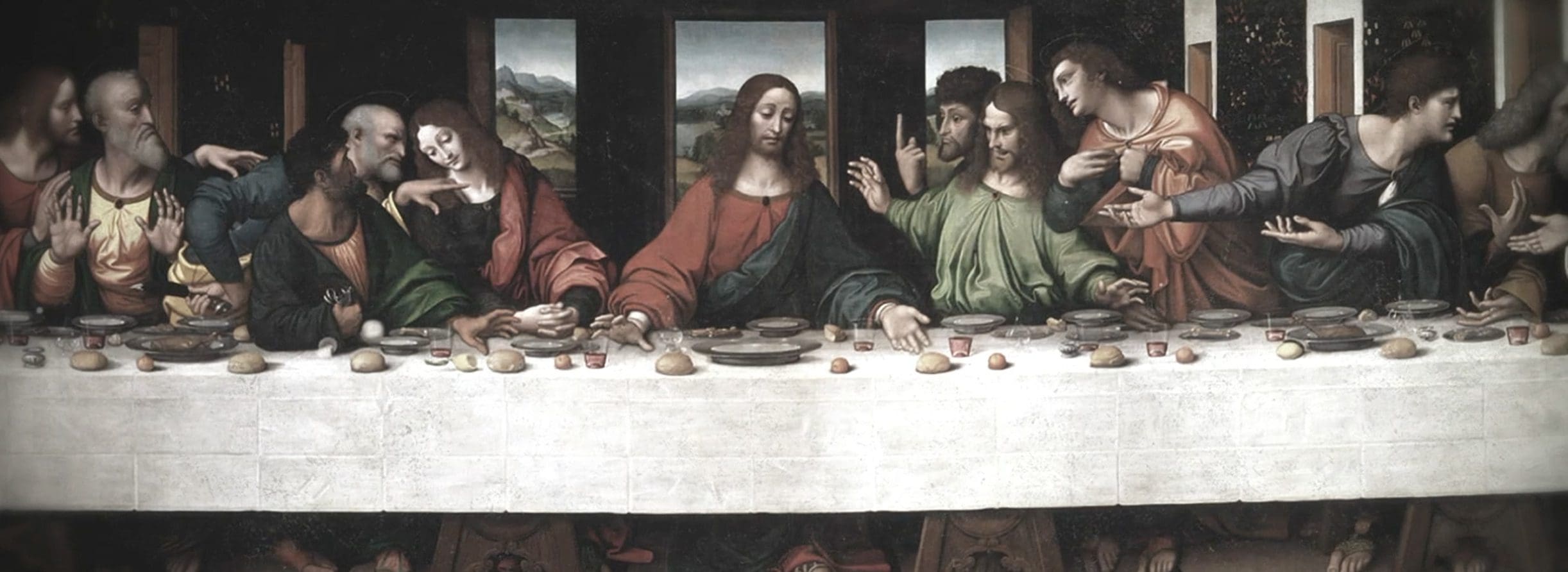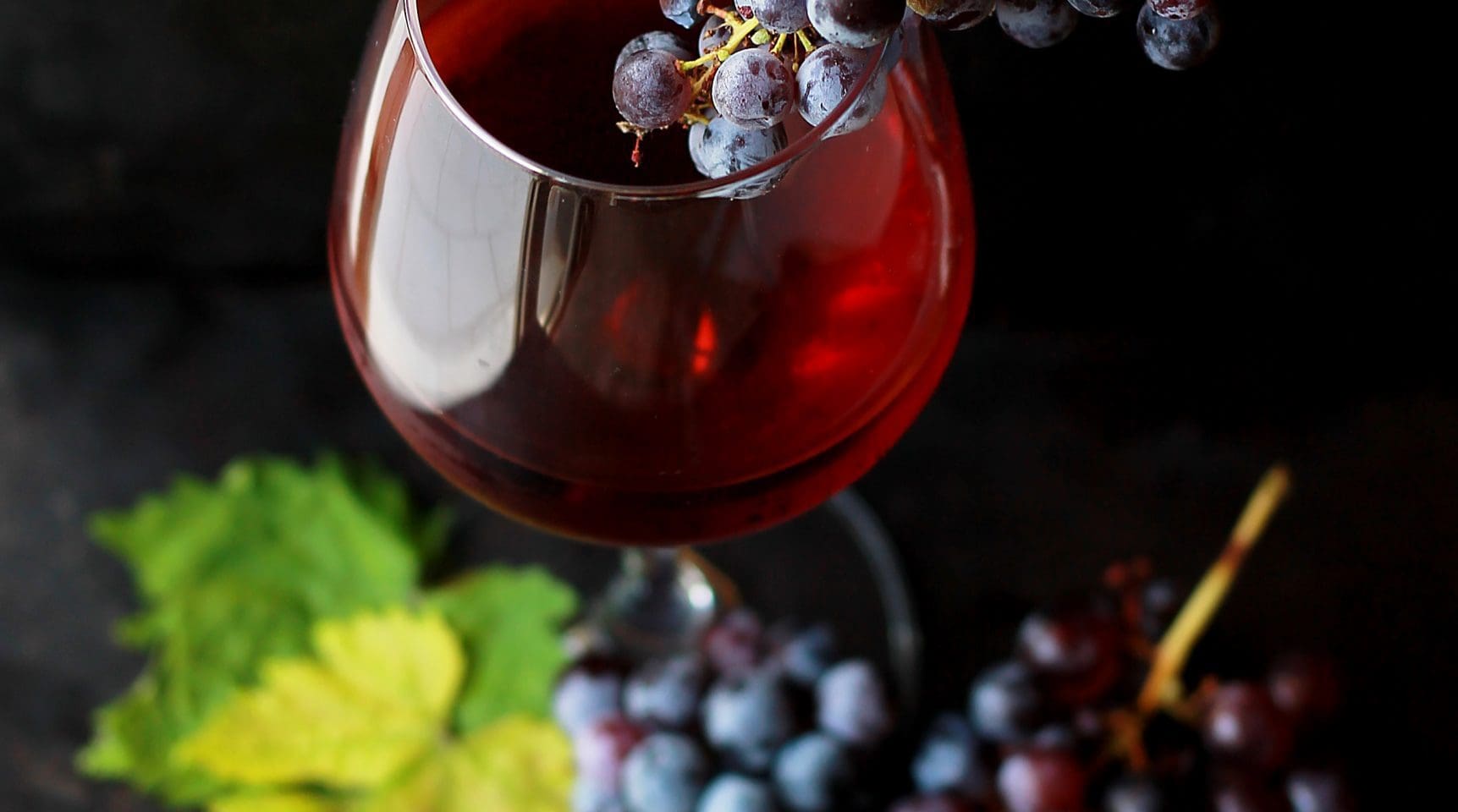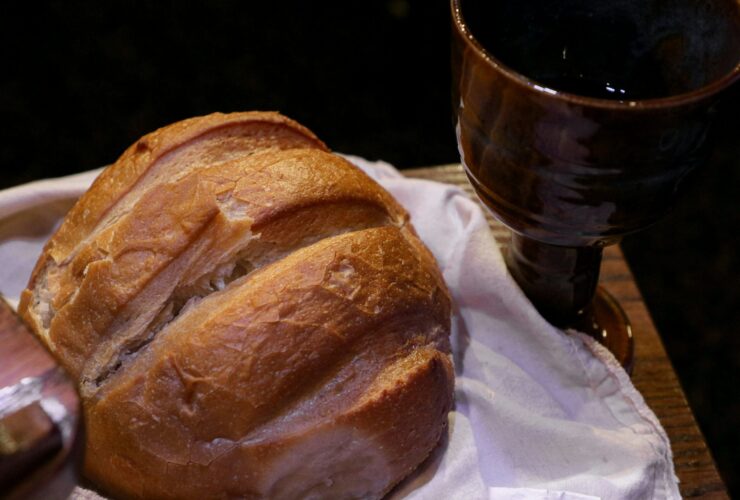In Proverbs 9, we find Lady Wisdom preparing a banquet for those who are “simple” and “have no sense.” (v.4 NIV) In her preparations she has slaughtered her meat, mixed her wine, and furnished her table. (v.2) Certainly, this proverb pictures a very special occasion. Indeed, in the ancient Near East freshly butchered meat was the mark of a feast.[1] We also notice that wisdom’s wine isn’t typical either, but has been mixed or mingled.
Just what this drink refers to exactly isn’t known but there are some cultural clues. For example, some scholars believe that this means wine diluted with water which was a common practice in the ancient world. In fact, wine “was diluted with water as much as 1 to 8 to reduce its power to intoxicate.”[2] It has been claimed that “in most, if not all cases where mixed wine is spoken of, wine mingled with water is meant.”[3] In support of this claim Isaiah 1:22 is often cited where the prophet declares: “Thy silver is become dross, thy wine mixed with water.” But Isaiah here is speaking not of wine which is ordinarily drank at feasts, but of wine that is deteriorated in quality. “God’s people had become debased; they were like wine mixed with water.”[4]
“The majority of scholars believe that wine was mixed with spices and other ingredients to give it a better and more appealing taste.”
Furthermore, there are several Biblical passages that speak of mixed wine that seem to refer to wine that has been strengthened not weakened (see Psalms 75:8; Proverbs 23:30; Song of Solomon 8:2; Isaiah 5:22). Based upon this some suggest that the mixed wine of Proverbs 9 refers simply to old wine that has been stored in jars and has become strong from mingling with its own sediments.[5] However, the majority of scholars believe that this wine was mixed with spices and other ingredients to give it a better and more appealing taste. This view appears to have the most cultural support. For example, according to the nineteenth century reverend James Freeman, the Greeks and Latins always understood mixed wine to be wine diluted with water, but the Hebrews generally understood it to mean wine made stronger and more intoxicating by the addition of other ingredients such as honey, spices, myrrh, mandragora, opiates, other drugs, and even boiled down reductions of the wine itself (defrutum).[6]

Also, based upon the celebratory feast setting of Proverbs 9, it would seem that the mixed or mingled wine here does indeed refer to wine mixed with additional ingredients in order to make it tastier—a conclusion also fully in line with the original Hebrew language. Indeed, the definition of the Hebrew māsak here translated “mixed” or “mingled” means to mingle or mix, especially wine (with spices).[7]
Thus, culturally, contextually, and etymologically this view is consistent. It even makes sense from a Scriptural perspective. The food and drink offered by wisdom is the very same food and drink offered by Christ Jesus (which is His body and blood). This feast is an image of the kingdom of God and so we would certainly expect it not only to look and smell attractive[8] but also to be of the highest quality and taste.

Ryan Hembree is a daily co-host, speaker, and writer of Bible Discovery. He also hosts a YouTube channel that shows the unity of the Bible and how science and Scripture fit together. Ryan also has an honorary Masters of Ministry in Creation Science from Phoenix University of Theology.
[1] NKJV Study Bible, Prov. 9:2,3
[2] John MacArthur, MacArthur Study Bible, Prov. 9:2
[3] John Kitto, cited from James M. Freeman, Hand-Book of Bible Manners and Customs, Mixed Wine, 236
[4] James M. Freeman, Hand-Book of Bible Manners and Customs, Mixed Wine, 236
[5] Harmer, cited from James M. Freeman, Hand-Book of Bible Manners and Customs, Mixed Wine, 235
[6] James M. Freeman, Hand-Book of Bible Manners and Customs, Mixed Wine, 235-236
[7] https://www.blueletterbible.org/lang/lexicon/lexicon.cfm?Strongs=H4537&t=NKJV
[8] This is similar to Paul’s portrayal of believers spreading the aroma of Jesus Christ in a triumphal procession (2 Corinthians 2:14-17).







I just stumbled upon this passage in my daily reading. Thank you for the explanation! I still have one question though: because this is in the particular context of wisdom, wouldn’t it be "wiser" for Wisdom to dilute her wine with water, so the simple guests don’t get too drunk too quickly, instead of enhancing the flavor?